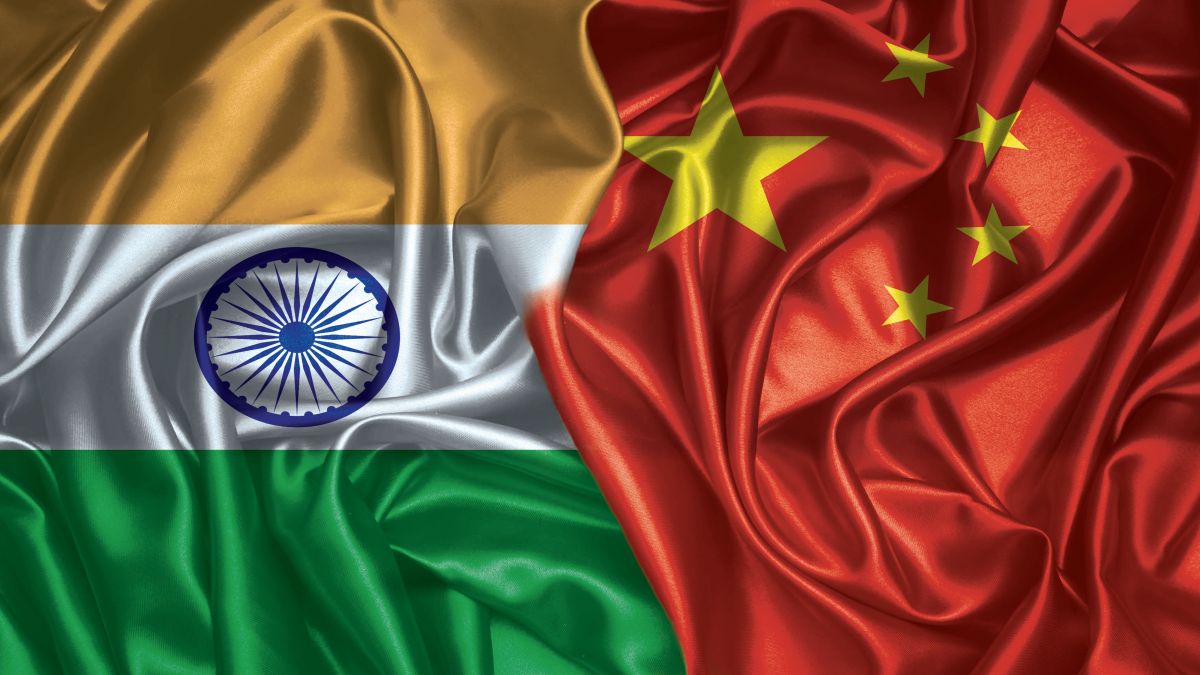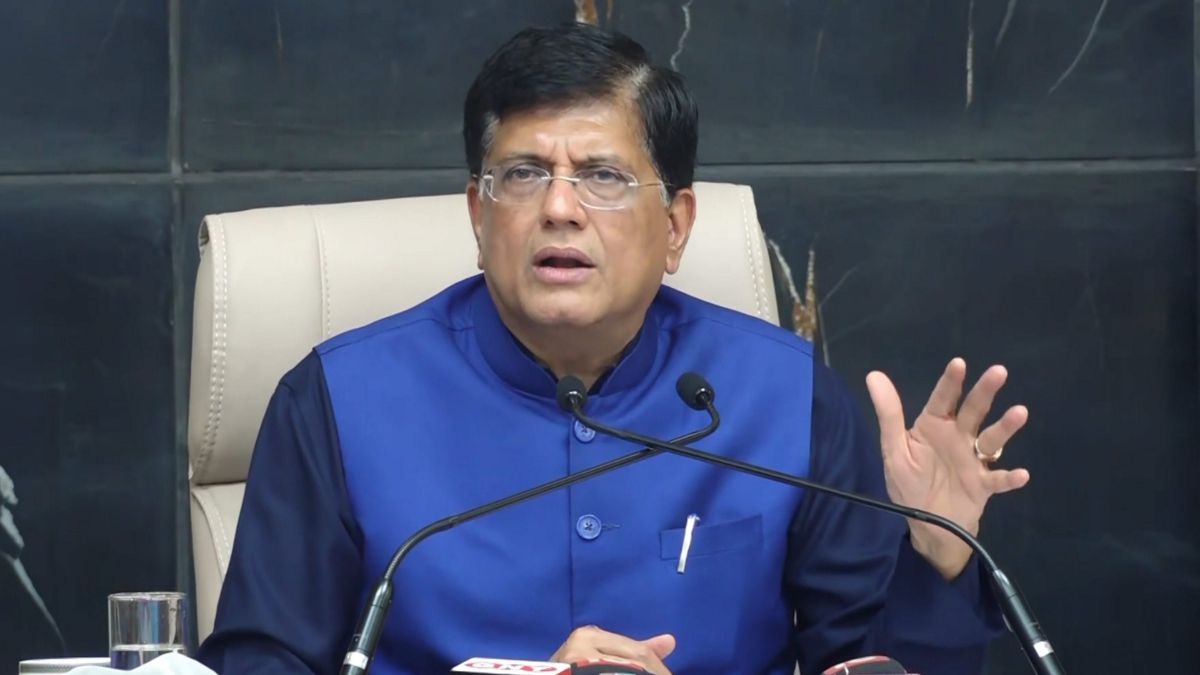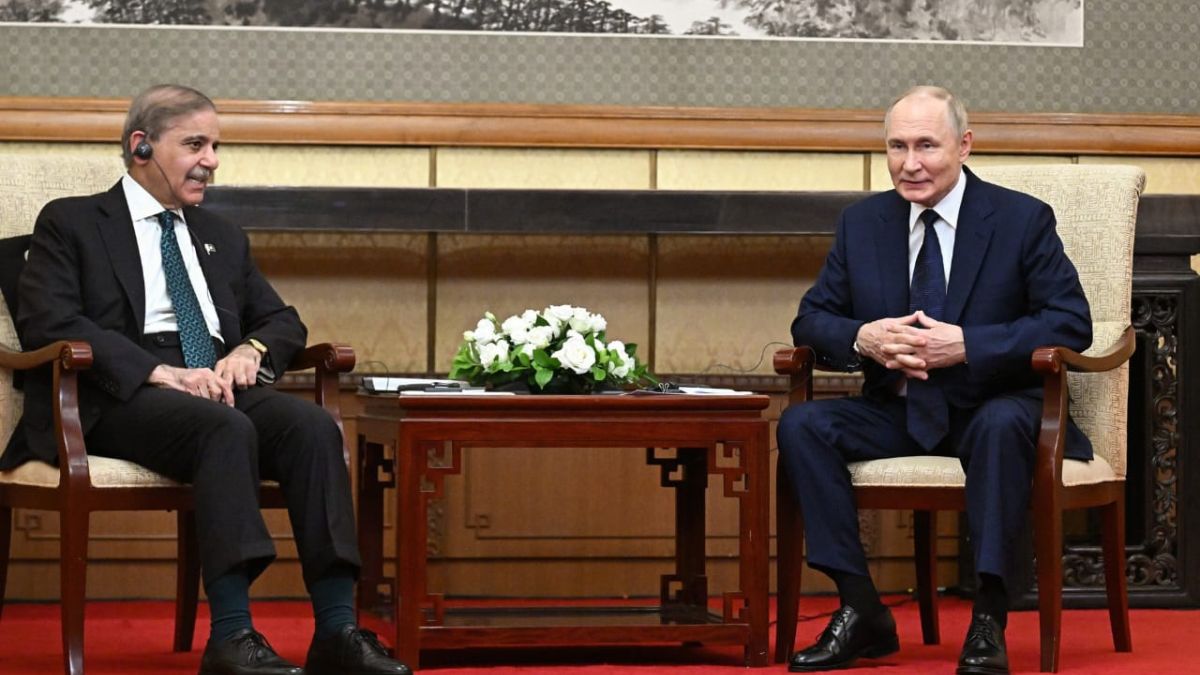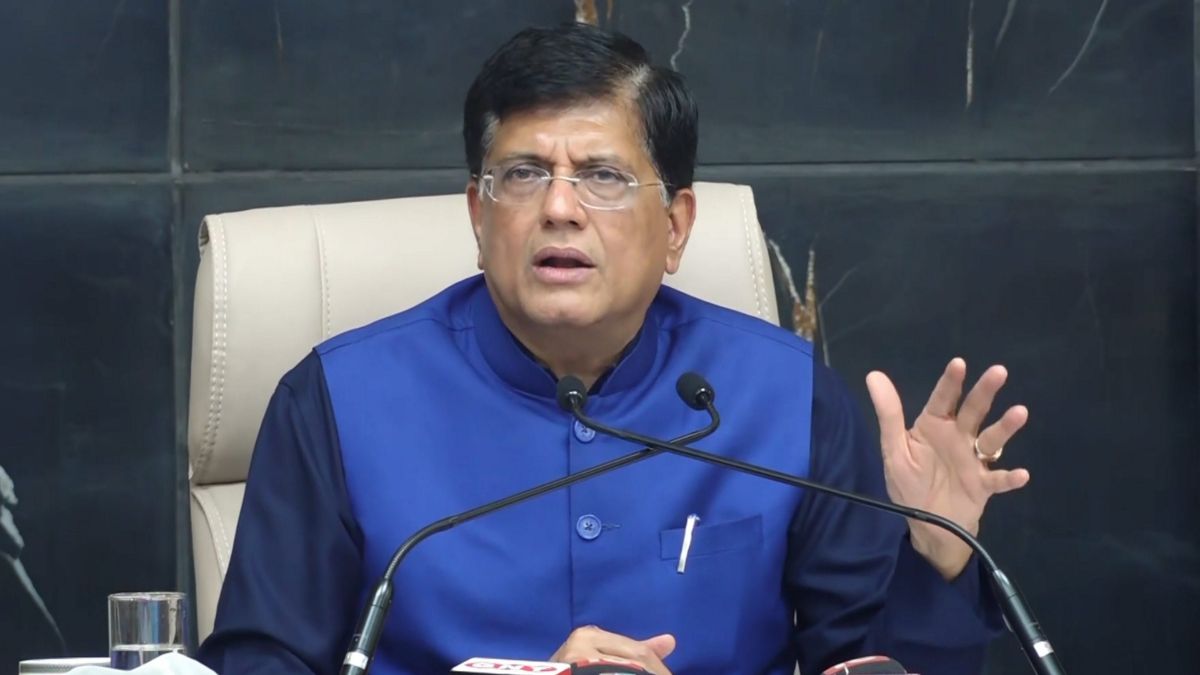India is often projected as a land of disempowered women. Whereas Indian women enjoy one of the most equitable and progressive legal frameworks, in the world. As a Hindu woman lawyer, I am proud of empowering laws, that govern me as a citizen of India, treat me equally in my own country, and at par with any developed nation. In this column, I will explore how Indian legislation reflects a comprehensive and evolved understanding of gender equality. It is important to clarify that ‘women’ here, implies Hindu women (Hindu, Sikhs, Jains, and Buddhist) alone. In the absence of a Uniform Civil Code, these laws do not apply to Muslim women, who are governed by the Muslim Personal Law (Shariat) Application Act, of 1937. Marriage laws and polygamy The Hindu Marriage Act of 1955 empowered women within the institution of marriage, recognizing women’s rights to choose a partner, maintenance, and equal participation in marital assets. These provisions have fostered a more equitable and progressive society. Bigamy is punishable for Hindus, under the Indian Penal Code. The Prevention of Child Marriage Act safeguards countless young girls. In Muslim Law, the marriage of a girl, who has attained puberty is considered valid. A man may have four marriages, in addition to the no-strings-attached ‘misyar’ marriage, lasting short durations, without any financial obligation of cohabitation, or maintenance. Muslim women groups argue that these provisions are exploitative, especially for young girls. Inheritance and succession Hindu Succession Act of 1956 and successive amendments have made women equal with male members of the patriarchal lineage, ensuring economic security across generations. Daughters are equal coparceners in inherited, ancestral property, sharing the same liabilities. A married woman has complete rights over her personal property, she can sell or gift it as per her wish. However, in the same country Muslim women, face discrimination. According to the Muslim Personal Law, if a person dies, with only daughters, then his wife and daughters are at the mercy of male members in the line of succession, who have a share in the inheritance. Divorce and child custody Hindu marriage is not a contract, but a ‘sanskara’ or sacred act, with no provision, for a divorce. Yet, laws have kept pace with changing times, giving Hindu women the right to divorce. The Hindu Minority and Guardianship Act, 1956 ensures that mothers are not automatically denied custody, in case of divorce or separation. In Muslim personal law, the father remains the natural guardian of his children. The mother is only entitled to Hizanit, or custody of the son till age 7 years, and the daughter till she attains puberty. Reproductive Rights, Adoption, and Domestic Violence When 12 states in the United States of America, have passed near-total bans on abortion, India acknowledges a woman’s agency over her reproductive choices and prioritizes her well-being. Abortion is not a fun activity for any woman, and laws should not make the ordeal tougher for her. India enacted the Medical Termination of Pregnancy Act in 1971, later updated the law in 2021, allowing for abortion up to 24 weeks of pregnancy for all women, irrespective of marital status, requiring the opinion of just one doctor without anyone else’s consent. Personally, I think, in the case of married women, abortion should include the husband’s opinion as well, since it is a joint emotional decision. But, most women’s groups and courts opine that the decision should rest primarily with the woman alone. Similarly, the Protection of Women from Domestic Violence Act, of 2005 gives rights to women against physical, emotional, sexual, and economic violence. Single Hindu women, with or without biological or adoptive children, can adopt a child of any gender. Legally, this option was not available to women in other communities. Social activism and courts bridging the divide There is increasing demand for reforming personal laws. Social groups, individual women, and Muslim activists have routinely approached courts seeking relief. In 1978, a 62-year-old Muslim woman, Shah Bano, sought maintenance for her five children, under the Code of Criminal Procedure. In 2017, Supreme Court held ‘triple talaq’ as unconstitutional. Later the government enacted a law, to codify the judgment. Noorjahan Safia Niaz, co-founder, of Bhartiya Muslim Mahila Andolan (BMMA) is a powerful voice against polygamy. BMMA claims over 84 per cent of Muslim wives want polygamy banned. The Global Campaign for Equality in Family Law has been pushing for change. National Commission for Women (NCW) and BMMA have repeatedly argued that regarding puberty as a marriage age, violates the human rights of young girls. They want the legal age of marriage as 18 years, for Muslim girls as well. The right to safe abortion and protection against domestic violence, are human rights. In the absence of a codified law, these laws do not become automatically available to Muslim women, without court intervention. In 2005, in response to a petition by activist Shabnam Hashmi, Supreme Court ruled, that any person can adopt a child, irrespective of religion, under the Juvenile Justice Act, 2000, even if the religious personal laws do not permit adoption. The court termed this as a small step towards a Uniform Civil Code, a goal enshrined in the Constitution of India. Rather than unnecessary individual litigation, there is a need to codify personal laws. Indian judiciary has taken on a quasi-legislative role. They have done a commendable job delivering justice. But decisions are done on individual case facts, so judgments can often be contradictory. A court judgment is not a substitute for a codified law. India is the only large democracy where laws discriminate based on religion. However, change cannot be forced. Educated Muslims and activists should lead discussions and dialogue, within their community, to ease the application of progressive and humanitarian laws. The writer is the founder of YogaSmith and author of four books. She is a lawyer and has worked in pharmaceutical and technology industry in Asia, USA, and Europe. Views expressed are personal. Read all the Latest News, Trending News, Cricket News, Bollywood News, India News and Entertainment News here. Follow us on Facebook, Twitter and Instagram.
In the absence of a Uniform Civil Code, the forward-looking laws do not apply to Muslim women, who are governed by the Muslim Personal Law (Shariat) Application Act, of 1937
Advertisement
End of Article


)

)
)
)
)
)
)
)
)



